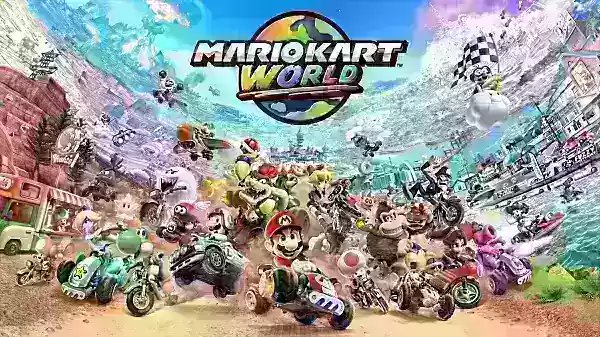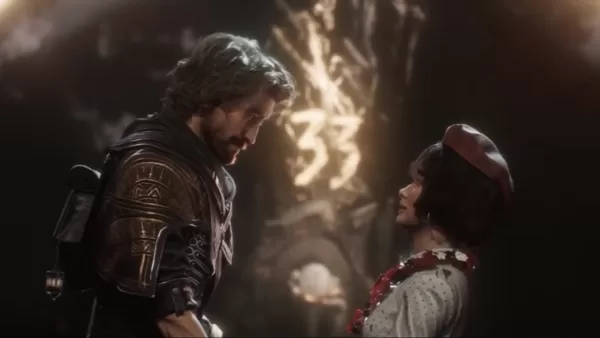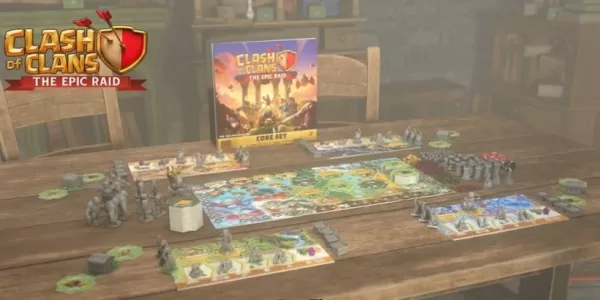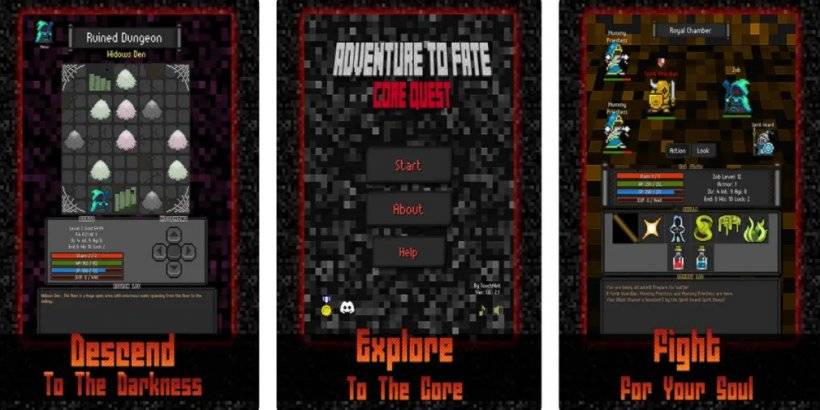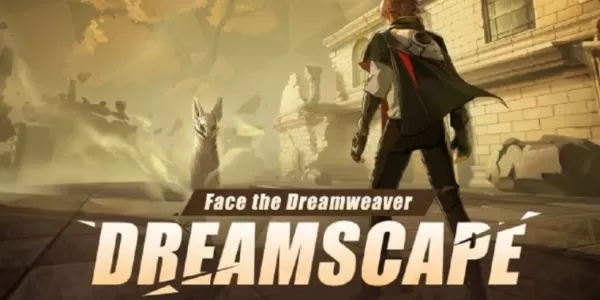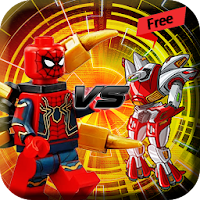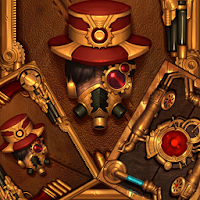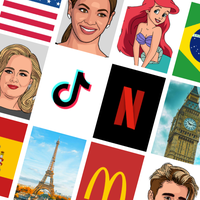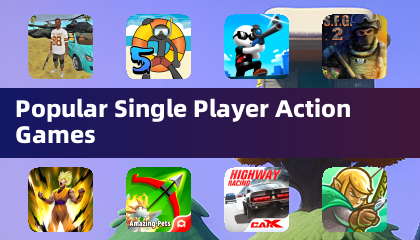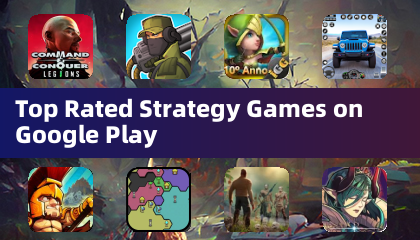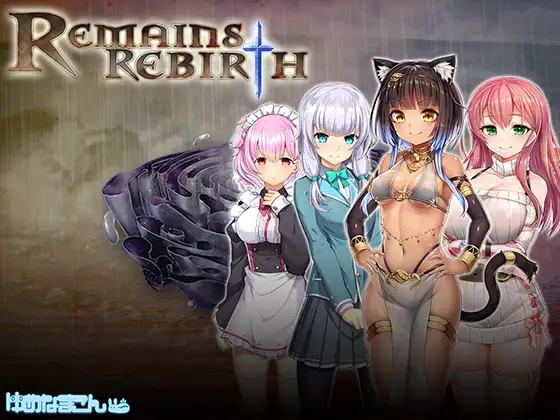At the recent DICE Summit in Las Vegas, Nevada, Neil Druckmann of Naughty Dog and Cory Barlog of Sony Santa Monica engaged in a candid discussion about a topic that resonates deeply with creators: doubt. Over the course of an hour, the two delved into personal reflections on their doubts as creators and the process of determining the validity of their ideas. The conversation also touched on audience-submitted questions, including one about character development across multiple games.
Druckmann's response to the question about sequels was particularly enlightening. Despite his experience with sequels, he revealed that he doesn't plan for multiple games. "That's a very easy question for me to answer, because I never think about multiple games, because the game in front of us is so all-consuming," he explained. He emphasized the importance of focusing on the current project, suggesting that thinking about sequels too early could jinx the process. "I'm not saving some idea for the future. If there's a cool idea, I'm doing my best to get it into here," Druckmann added, highlighting his approach to game development.
Ten-year payoffs
Druckmann elaborated on his philosophy, noting that he applies this approach to all his projects, with the exception of the The Last of Us TV show, which is planned for multiple seasons. When it comes to sequels, he looks back at what has been done and identifies unresolved elements and potential paths for characters. "And if I feel like the answer is, they can't go anywhere, then I go, 'I think we'll just kill them off,'" he said, half-jokingly. He recounted how the iconic train sequence in Uncharted 2 was not planned during the development of Uncharted 1, illustrating his method of evolving narratives and characters based on what has come before.
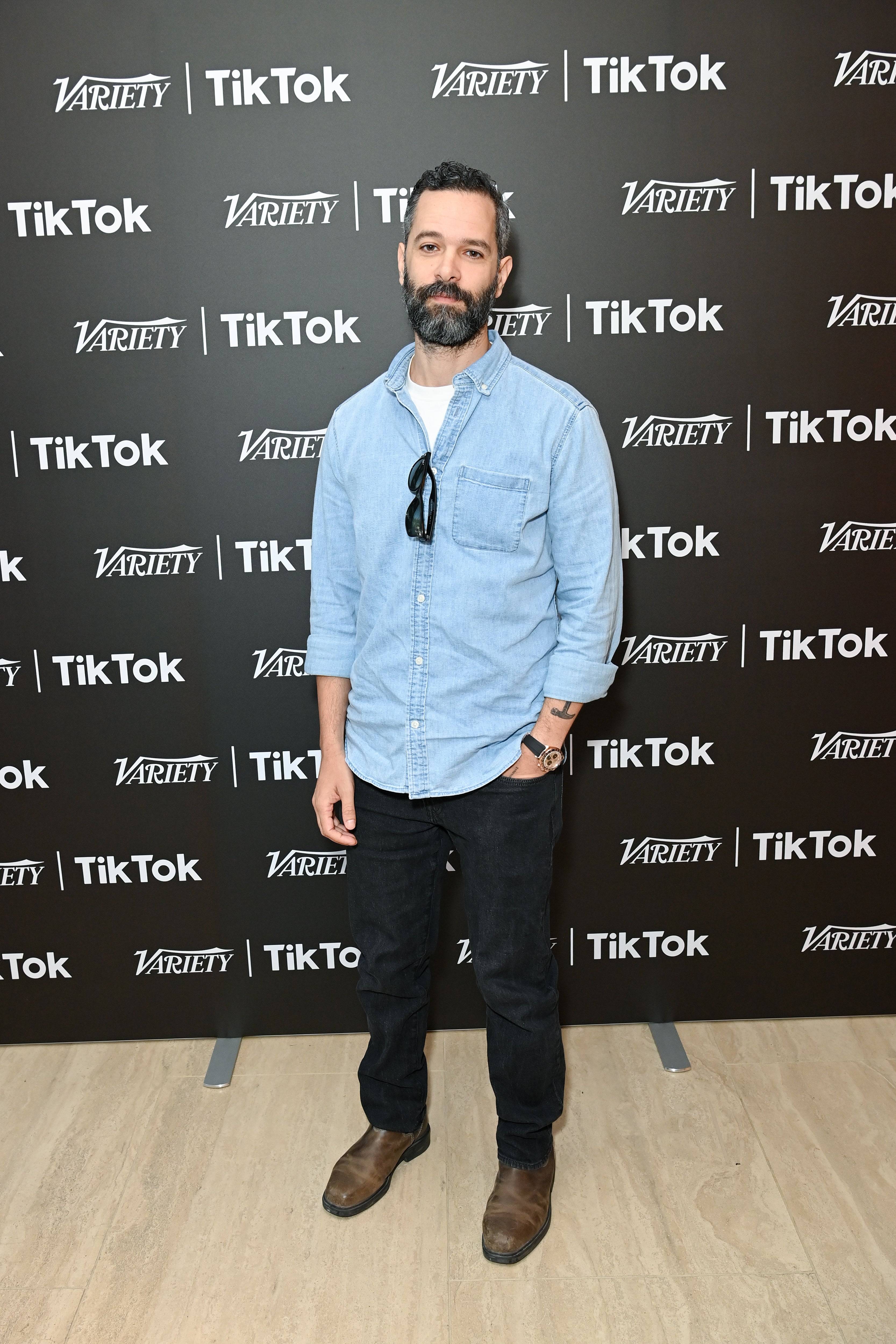
In contrast, Barlog shared a different approach, describing his process as akin to a "Charlie Day crazy conspiracy board," where he tries to connect and plan various elements over time. He finds it magical to link current work with plans from a decade ago, but acknowledges the stress and complexity involved. "It's just so magical, but it is absolutely, unequivocally the most unhealthy thing ever, because it is insanely stressful to try to fold and connect each of these pieces," Barlog admitted, highlighting the challenges of long-term planning in a collaborative environment.
Druckmann responded by expressing his preference for focusing on the immediate future rather than long-term plans, citing a lack of confidence in predicting success far in advance. "I just want to focus on the next five days in front of me, let alone 10 years down the line," he stated.
The reason to wake up
The conversation covered a range of topics, including their personal experiences with doubt and their creative processes. Druckmann shared his passion for games, recounting an interaction with Pedro Pascal on the set of the The Last of Us TV show. "It's the reason to wake up in the morning. It's why I live and breathe," Druckmann quoted Pascal, reflecting on the driving force behind their work despite the challenges and negativity they face.
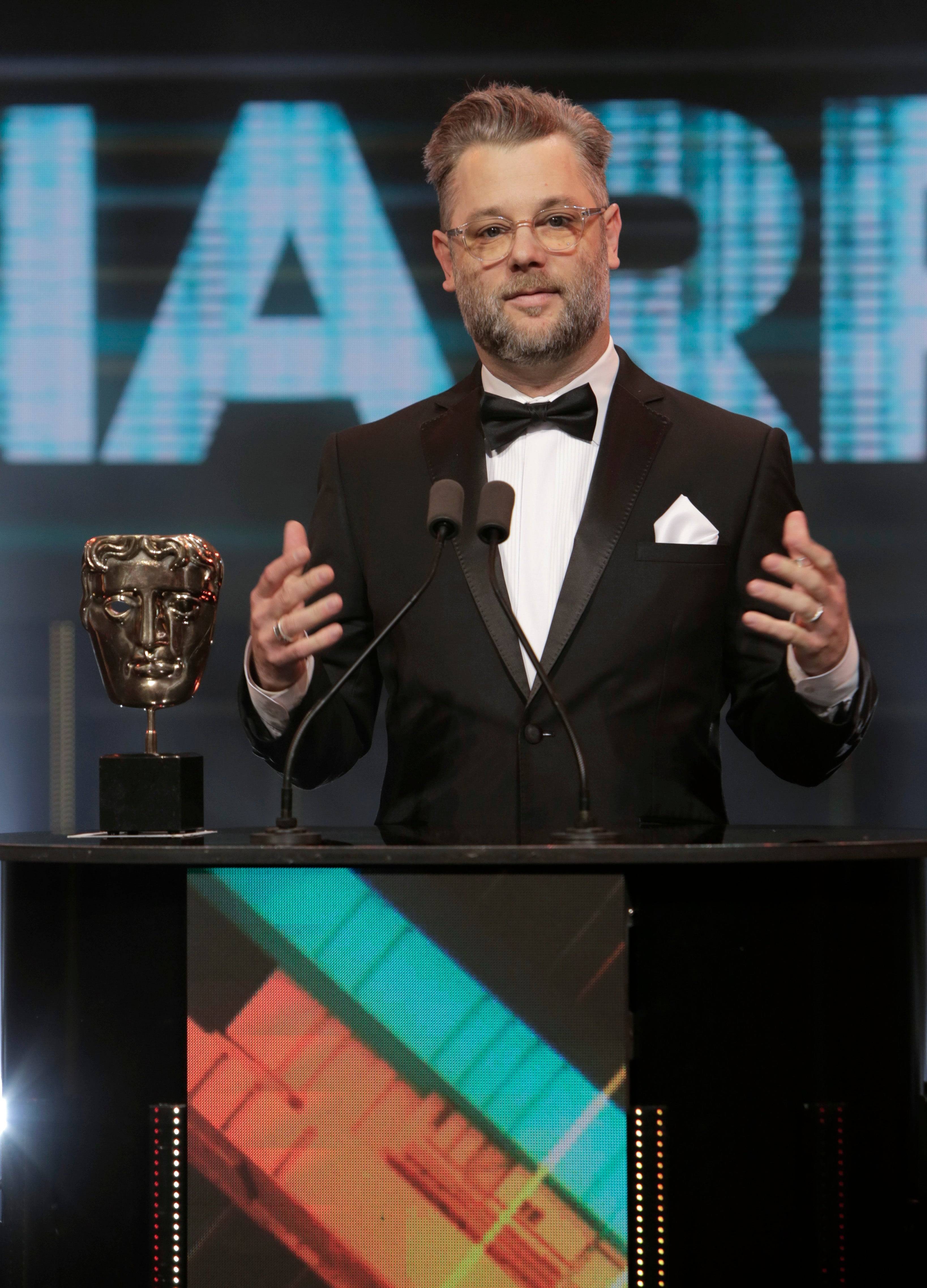
Druckmann then posed a question to Barlog about when the drive to create becomes enough, referencing the recent retirement of their colleague Ted Price. Barlog's response was introspective and candid: "Is it ever enough? The short answer's, no, it's never enough." He described the relentless pursuit of creative goals as a "demon of obsession" that pushes creators to constantly seek new challenges, even after achieving significant milestones.
Druckmann echoed Barlog's sentiments, sharing an anecdote about Jason Rubin's departure from Naughty Dog and how it created opportunities for others. He expressed his intention to gradually step back from day-to-day involvement, creating space for new talent to emerge. "Eventually when I am done doing this, it will create a bunch of opportunities for people," Druckmann concluded, reflecting on the cycle of creativity and leadership in the industry.
Barlog humorously concluded the discussion by saying, "Very convincing. I’m going to retire," leaving the audience with a mix of laughter and contemplation about the nature of creative work and the personal journeys of these influential figures in the gaming world.

